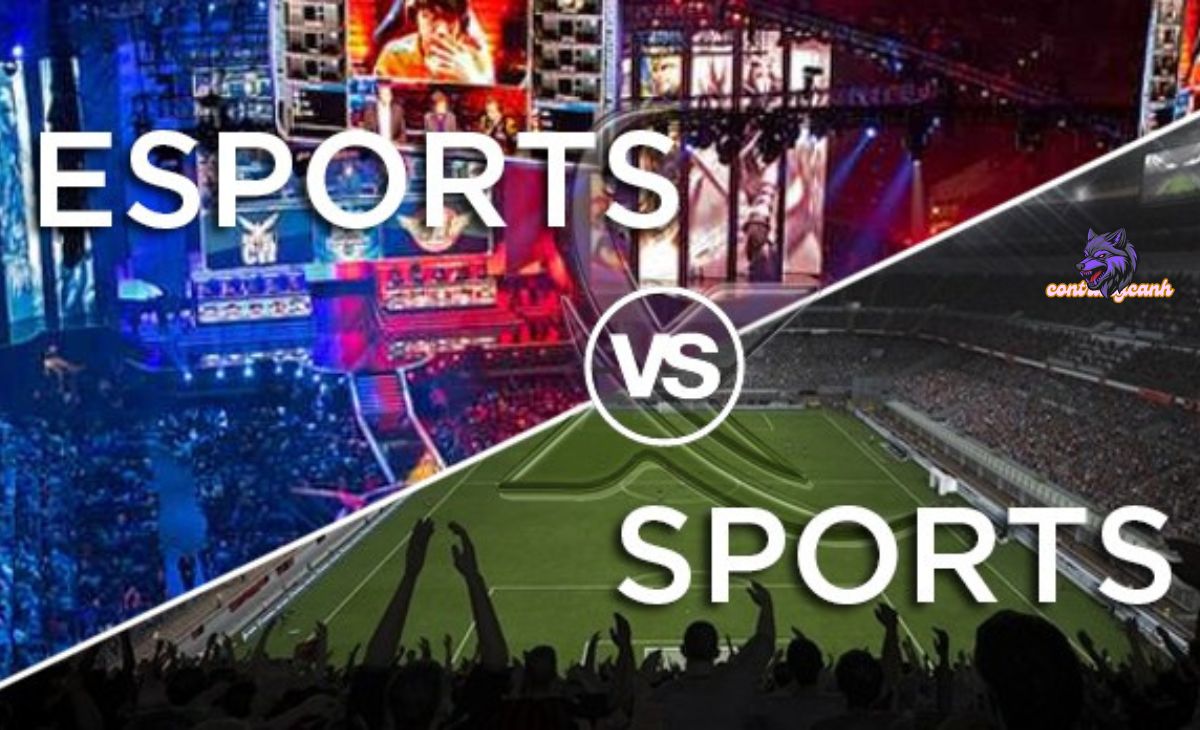Car Football 3D
Published on November 15, 2024

The question of whether video games can be classified as sports has sparked considerable debate among enthusiasts, gamers, and sports fans alike. As the gaming industry continues to grow and evolve, the lines between traditional sports and competitive gaming, often referred to as esports, have blurred. This article explores the characteristics that define sports, the rise of esports, and how video games fit into this landscape, all while optimizing for search engines to provide valuable insights.
When we think of sports, we often envision physical activities that involve competition, skill, and teamwork. However, with the advent of technology and the rise of esports, the definition of sports is expanding. This article will delve into the nuances of video games as sports, exploring their competitive nature, community engagement, and the skills required to excel. For more insights on gaming and sports, visit contrungcanh.com.
To determine if video games can be classified as sports, we first need to understand the fundamental characteristics that define traditional sports:
Sports typically involve competition between individuals or teams. This competitive aspect is foundational, as it drives players to improve their skills and strive for victory. In both traditional sports and esports, teams or individuals face off to achieve a common goal: winning a match or a tournament.
Participants in sports must possess a certain level of skill, which can be developed through practice and training. Whether it’s dribbling a basketball, executing a perfect soccer kick, or mastering complex game mechanics in a video game, skill development is crucial. Both traditional athletes and esports competitors invest significant time honing their abilities.
Sports are governed by a set of rules that dictate how the game is played. These rules ensure fair play and provide structure to the competition. In traditional sports, rules are often well-established and regulated by governing bodies. Similarly, esports games have their own rules and guidelines, often overseen by tournament organizers, ensuring that competitions remain fair and organized.
Most traditional sports require physical exertion, although the level of physicality can vary significantly. Sports like football and basketball demand high levels of physical fitness, while others, like golf, may require less intense exertion. In contrast, esports typically do not involve physical activity in the same way, leading to debates about their classification as sports. However, the mental and strategic demands of esports can be just as intense, requiring players to maintain focus and quick reflexes.
Esports, or electronic sports, refers to competitive video gaming where players or teams compete against each other in various games. This phenomenon has gained immense popularity over the past decade, with millions of viewers tuning in to watch tournaments and competitions.
Esports share many similarities with traditional sports, including:
As technology continues to advance, the integration of video games and sports is likely to deepen, creating exciting new opportunities and experiences for players and fans alike. Here are some key trends that are shaping the future of this dynamic relationship:
The emergence of virtual reality (VR) and augmented reality (AR) is set to revolutionize the way we experience sports and gaming. These technologies have the potential to create immersive environments where players can engage in physical activity while competing in virtual arenas.
The integration of VR and AR is likely to create new forms of competition that blend traditional sports with gaming elements. These hybrid competitions could include:
As technology evolves, so does fan engagement. The future of sports and gaming will likely see enhanced ways for fans to connect with their favorite teams and players:
In conclusion, while the debate over whether video games can be classified as sports continues, it is clear that esports has carved out a significant niche within the broader sports landscape. With competitive structures, skill development, and community engagement, video games share many characteristics with traditional sports. As the gaming industry evolves, so too will our understanding of what constitutes a sport.
For more information on the intersection of gaming and sports, and to explore related content, visit contrungcanh.com.